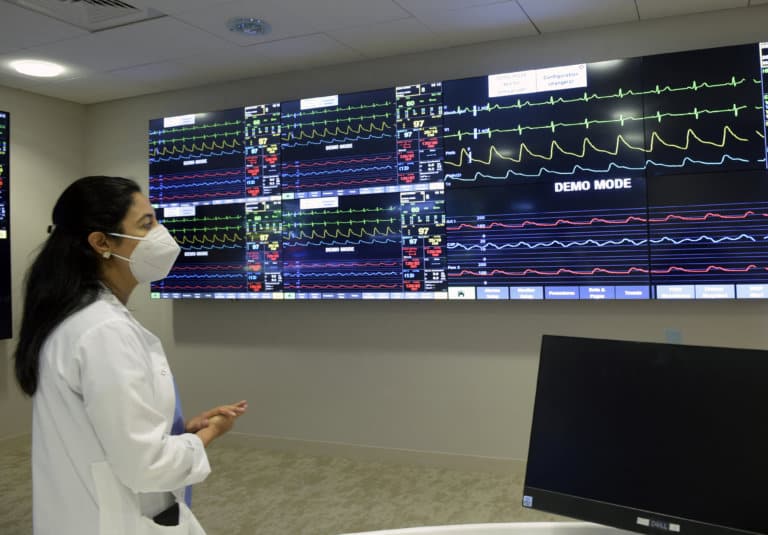
It pays to start thinking early about how you can land the best paying jobs. Shaping your university education around this goal is, in many ways, a smart idea.
In fact, studies show that goal-setting is one of the best ways for you to succeed at any one given task. For example, people who write down their goals are found to be 20% more successful in accomplishing them compared to those who don’t. Goal clarity — the direct act of knowing exactly what you want to accomplish and when — is similarly found to be a motivating factor in the workplace, and by extent, to students.
Being specific in setting your goals, therefore, can do wonders in helping you achieve them. For some students, these could be more personal: fulfilling a years-long dream or contributing to a good cause, for example. Others, however, may be more motivated by the promise of a well-paying job — which, to them, may hold just as much importance.
If you think this sounds like you, try to shape your decisions and actions — and, indeed, your studies — around landing the best paying jobs in the world.
Here are the best paying jobs according to Indeed.com, and the qualifications you need for them:

Cardiologists have one of the most important jobs in the world — and are well compensated because of it. Source: Thomas Samson/AFP
4 best paying jobs and the qualifications you need for them
Cardiologist
Cardiologists have one of the most important jobs in the world. They’re responsible for the study and treatment of heart diseases and abnormalities such as chest pains, high blood pressure, heart failure, and more.
Becoming a cardiologist, however, takes a lot of work. Be mentally prepared for years of study. This includes four years of medical school, three more years learning general internal medicine as a resident, and another three specialised training after that.
Learning doesn’t end with your degree, though — you’ll spend the rest of your time studying on the job to keep up with the latest advances in medicine and how that affects the way you treat your patients.
Cardiologists typically earn around US$351,827 per year.
Anesthesiologist
An anesthesiologist is a doctor who specialises in developing anaesthetic plans and administering this to their patients. This is an important task to ensure patients’ safety before surgery, particularly in minimising the pain and distress they would otherwise experience. Such plans stem from general anaesthesia, sedation, or regional anaesthesia.
Like cardiologists, anaesthesiologists spend many years in medical school before they can practise. This includes the standard four years of medical school, a one-year internship, and a three-year residency. Some even go on to pursue a fellowship, which takes up another few years of training.
Anaesthesiologists earn around US$326,296 per year on average.

Orthodontists are among some of the best paying jobs in the world. Source: Atta Kenare/AFP
Orthodontist
Orthodontists and dentists work within the same field, with a slight difference. In essence, while a dentist helps clean and align your teeth, an orthodontist specialises in diagnosing, preventing and treating teeth and jaw irregularities. This includes current conditions as well as identifying problems that could develop in the future.
To qualify as an orthodontist, you have to attend dental school and orthodontic school. Following this, you’ll be required to spend two to three years in a residency programme, as most schools will not have the capacity to offer the full level of instruction you need. Once this is completed, you can become board certified.
Orthodontists earn around US$264,850 per year on average.
Psychiatrist
A psychiatrist is a medical doctor who is trained in mental health. This includes treating patients with more severe disorders — such as hallucinations, substance abuse, hearing voices or thoughts of suicide — as well as other, perhaps more common occurrences, such as depression or anxiety.
Becoming a psychiatrist takes years of dedicated study. You’ll have to earn a medical degree, which typically takes around four years. After that, you’ll complete an additional four years of training — as part of your residency programme — after which you can be board certified. Other licences may be required for you to practice, so be sure to check beforehand.
Psychiatrists earn an average of US$224,577 per year.










